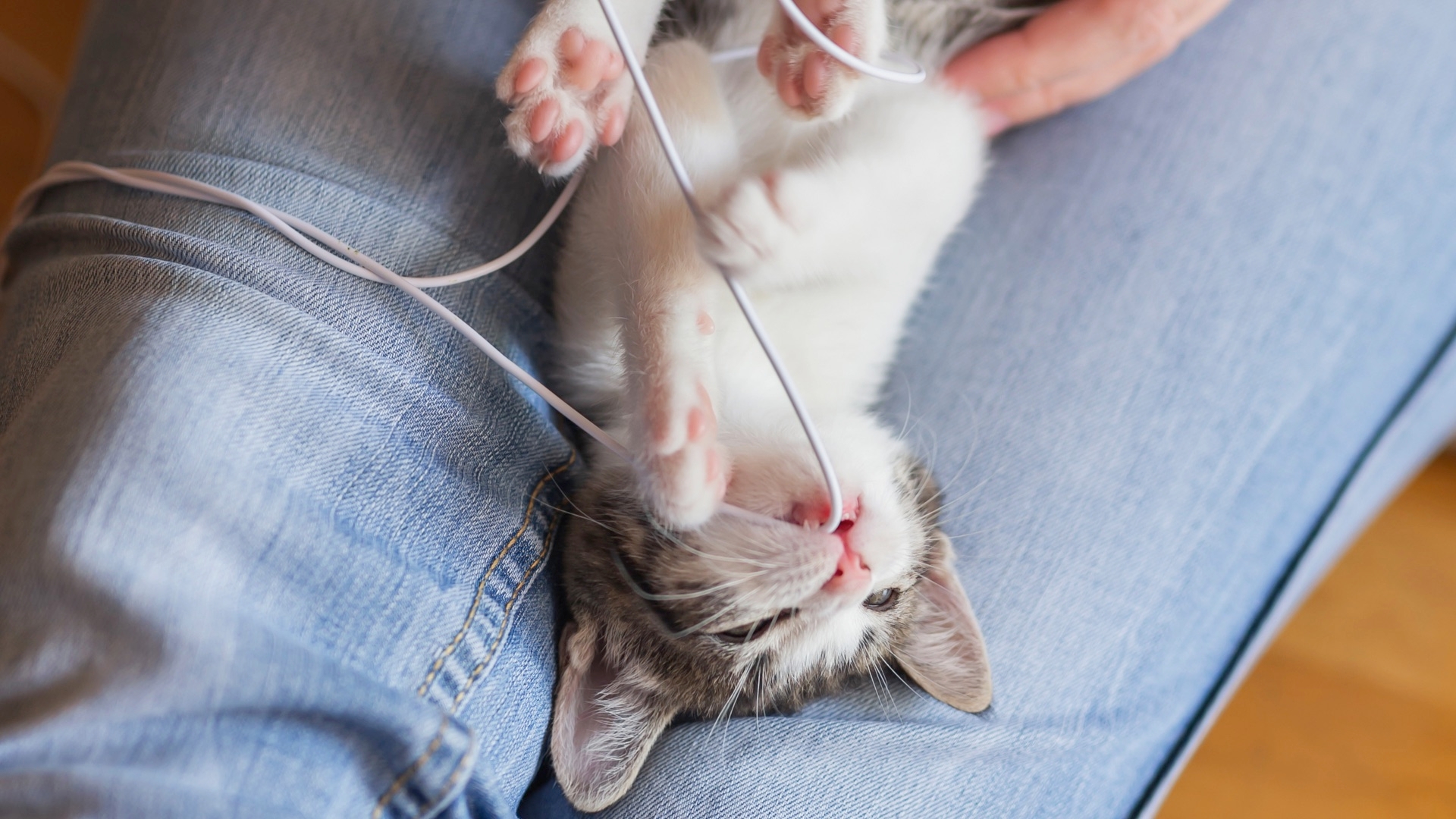Pets:
The tag "pets" relates to: cat, dog, dog training, health, pet adoption, pet health, pet training, responsible pet ownership, tips, and training. For more tags, view our complete tag index.
The following blog entries have been tagged "pets".

To help your dog learn to wear a muzzle, we recommend using a technique called “Desensitization and Counter conditioning.” This process helps turn a scary or disliked item into something fun and positive. When using desensitization and counter conditioning, it is important to progress slowly and at a pace where your dog stays calm and relaxed. If you rush the process, the training will not be effective.

The Aging Cat
Guest Author
onA cat can live for twenty years or more but the average is probably closer to fifteen years. Signs of advancing years are decreased activity, gray hair, hearing loss, decaying teeth, lethargic movements, clouded eyes, bad breath, a craving for warmth, inactivity, and a demand for more attention.

Waving a magic wand won't produce a terrific dog. A well-behaved dog is a product of genetics, training, and loving home. If you are having issues with your dog's behavior, maybe you should consult with a dog behaviorist. Do you know what a dog behaviorist is? And did you know that there is a difference between a dog trainer and a dog behaviorist?

There are medical as well as behavioral reasons why cats chew, lick, or eat non-food objects. A kitten, just like a baby, will take everything into her mouth just out of curiosity. It is thought, though not scientifically proven, that an adult cat who persists on chewing and eating a non-food item may be lacking certain nutrients in her diet.

Behavior is the way an animal acts. An animal's action or response to a stimulus is a behavior. Walking, swimming, flying, eating, blinking, and breathing are all examples of behavior. Animals behave in specific ways for four primary reasons. Animal behaviors are primarily strategies for survival. Animal training is the act of teaching animals specific responses to specific conditions or stimuli.

Cats are intelligent, sensitive animals who are completely dependent on their human caregivers. These qualities make them very trainable. In fact, cats have been trained to do certain "tricks" in television commercials and movies. Cats are trained to help the hearing impaired by responding to smoke alarms, doorbells, and telephones. I know of a blind person who is using a cat as a guide in her home. The cat meows a warning just before the person is about to bump into something. Cats can even be taught to use the toilet. Now, if we could only get them to flush it!




